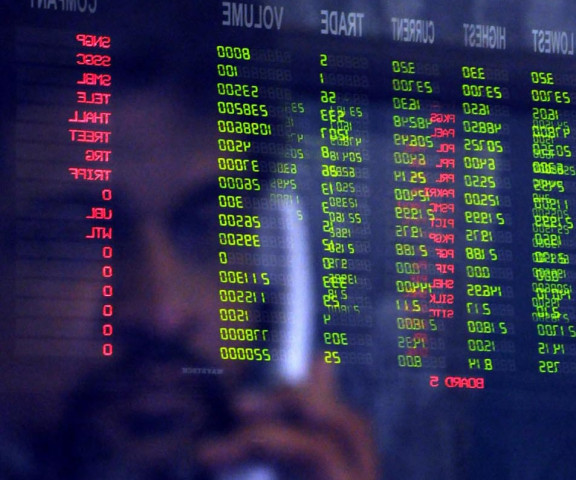Regional integration: First combined Rulebook for South Asian exchanges ready
Project will allow closer harmony between SAARC capital markets.

SAFE is a cooperative platform launched by the stock markets in South Asia with the purpose of promoting the development and harmonisation of securities markets in the region. PHOTO: INP/FILE
South Asian Federation of Exchanges (SAFE) celebrated the completion of its USAID-Small Grants and Ambassador’s Fund Programme funded regional financial integration project during a meeting of regional stakeholders here on Monday.
SAFE’s work has resulted in a “Rulebook” that representatives from South Asian countries will use to try to create a harmonised regulatory framework for capital markets throughout the region.
The event brought together diplomatic representatives from various member countries of South Asian Association for Regional Cooperation (Saarc). United States Agency for International Development (USAID) Mission Director Greg Gottlieb praised the completion of the project on time and emphasised the need for better linkages between financial markets of South Asian member countries.

Gottlieb underlined the importance of developing the Rulebook for harmonising regulatory standards for capital markets of Saarc nations and stressed the need for adopting the proposed regulatory standards in all Saarc member countries.
He asked the member nations and Saarc Secretariat to play their role in adopting the Rulebook throughout various regulatory regimes of capital markets in South Asia.
“We believe that SAFE’s project will serve as a landmark initiative to achieve economic growth, not only in Pakistan, but all across the South Asian region,” Gottlieb said.
SAFE’s goals include standardising the regulatory framework for the management and operation of capital and financial markets throughout South Asia, introducing consistent reporting standards, facilitating easier capital raising in member countries, enhancing market integrity and investor confidence and promoting cross-border listings.
As the only industry association of all capital market entities in the South Asian region, SAFE has engaged major regional stakeholders, enabling SAFE’s consultants to prepare a regulatory framework that would be applicable to all Saarc states.
“The proposed regulations are related to market operations, market integrity and enforcement regulations,” SAFE’s Secretary General Aftab Ahmad Chaudhry told the audience.
“All SAFE members in Pakistan, India, Sri Lanka, Bhutan, the Maldives, Bangladesh and Nepal are encouraged to adopt provisions of this Rulebook, if applicable, in order to promote market integrity, efficiency and transparency,” Chaudhry added.
SAFE’s principal consultant Amir Raza Khan apprised the participants about the project activities undertaken for the grant.
The concept for the project, “Regional Financial Integration – Developing a Harmonised Regulatory Framework for the Capital Markets in Pakistan and South Asia,” was developed by the Saarc Secretariat.
SAFE is a cooperative platform launched by the stock markets in South Asia with the purpose of promoting the development and harmonisation of securities markets in the region.
SAFE is a not-for-profit association and has Recognised Body status from Saarc, and is a network exchange association of the World Federation of Exchanges (WFE).
The operations, activities and the programs of the Federation are primarily funded by its member exchanges, while some specific projects get sponsorships from multilateral donor/development agencies.
SAFE consists of 28 member entities from the Saarc region (Afghanistan, Bangladesh, Bhutan, India, the Maldives, Nepal, Pakistan and Sri Lanka) as well as from Mauritius and United Arab Emirates.
Published in The Express Tribune, December 24th, 2013.
Like Business on Facebook, follow @TribuneBiz on Twitter to stay informed and join in the conversation.



















COMMENTS
Comments are moderated and generally will be posted if they are on-topic and not abusive.
For more information, please see our Comments FAQ